
Breastfeeding seems like it should be the most natural thing in the world, but it's not always so cut and dried. Every woman is different and our bodies all have different needs and capabilities. Introduce a tiny baby who also has his or her own unique needs and abilities into that equation, and it can make for a roller coaster ride. For some moms, breastfeeding comes easily and always goes smoothly. For others, it can be a bumpy ride of oversupply, undersupply, latching issues, and questions. One of the most important things moms worry about is if they're making enough milk. and while it may seem like it is totally out of a mom's control, there are a few things that can be done to boost that supply.
According to a 2013 study in Pediatrics, as many as 60 percent of women give up on breastfeeding earlier than they want to. The most cited reason for quitting? Not producing enough breast milk. Supply issues are a major source of anxiety for many moms and can lead women to supplement with formula when they don't want to, and to change their plans for how they feed their babies. But it doesn't have to be that way.
The methods for boosting milk supply naturally and safely are plenty. There are a vast number of herbs and supplements, tips, tricks, and delicious lactation recipes that moms can use to keep their body producing breast milk efficiently. The hardest part is knowing which ones to choose. Here, we've narrowed down 20 natural ways to boost supply that have been recommended by international board certified lactation consultants (IBCLCs), dietitians, trusted resources, and other moms themselves.
Create a Pumping Schedule

"The best non-food way to boost your supply is stimulation at the breast," Jennifer Lezak, IBCLC, who works with moms at her private practice, Milk Made LA, and at Kaiser Permanente, tells CafeMom. "So adding in a pumping schedule, along with continuing to breastfeed your baby at least eight times every 24 hours, is one of the best ways to get a substantial boost in your milk supply."
Drink Tons of Water

It seems like a no-brainer, but Lezak points to drinking enough water as one of the most beneficial things moms can do when it comes to supply. "I always tell mamas to drink a glass of water every time they breastfeed or pump," she says.
Feed on Demand

"Breastfeeding on demand is one of the best ways to ensure and maintain a full milk supply," Lezak tells CafeMom. Of course, it isn't always so simple. For moms having trouble, Lezak recommends meeting with a lactation consultant ASAP to figure out what's going on. But in the meantime, keep feeding as much as possible. "It’s an active process that requires regular stimulation at the breast — at least eight times every 24 hours," she says.
Try Blessed Thistle Tea
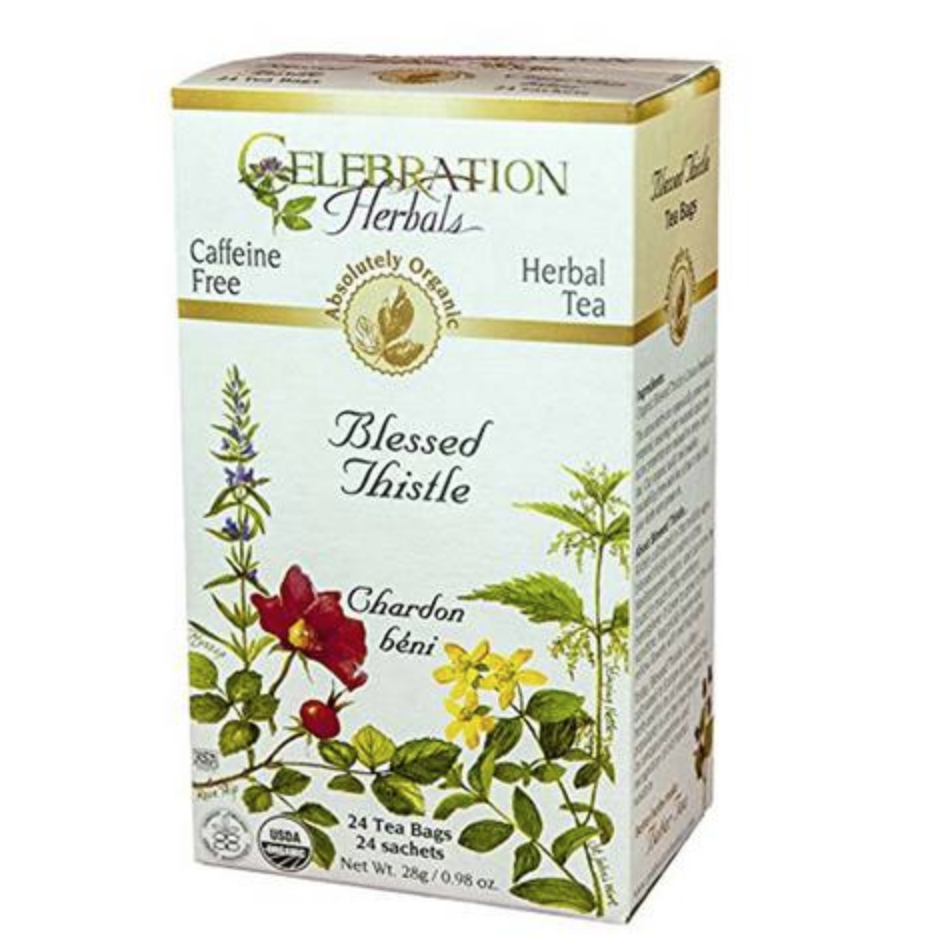
Blessed thistle is another herb Lezak says could be beneficial in boosting supply, though results may vary. The herb can be consumed in tea form and is available from a number of retailers. It works as a stimulant, so it is not recommended for use during pregnancy. As always, Lezak says do research and talk to a doctor or lactation consultant before trying a new supplement.
Try Fenugreek
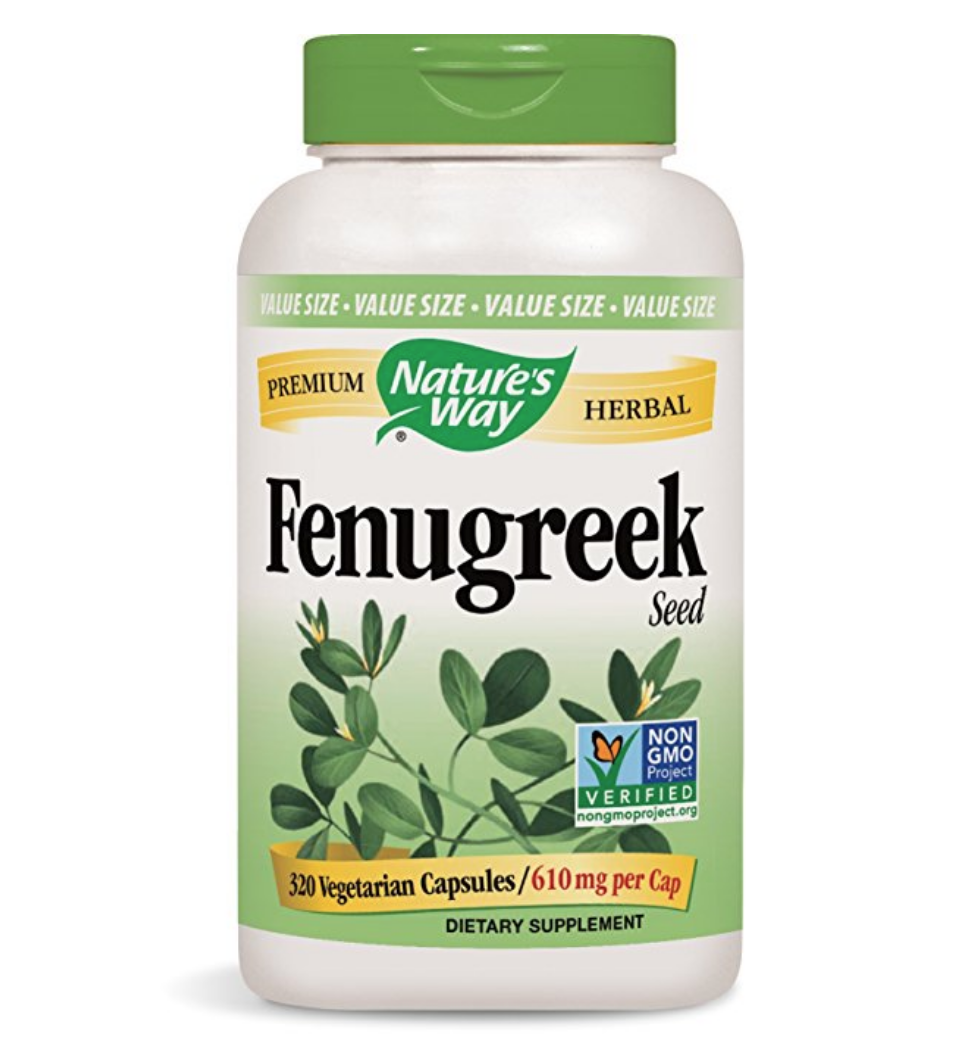
Fenugreek is one of the most common recommendations for boosting supply. According to Lezak, some National Center for Complementary and Integrative Health (NCCIH) studies suggest but have not officially proven that the fenugreek may increase milk production in breastfeeding women. Still, Lezak says it's worth trying after discussing it with a health professional. Fenugreek seeds can be steeped in tea for a weak dose, taken via supplement, or added to recipes like lactation banana bread.
Make Lactation Cookies
There are tons of recipes for lactation cookies online, but do they work? Lezak tells CafeMom that "nothing is a guarantee," but many so-called lactation foods do contain ingredients that can be beneficial. For cookies on the go, she recommends OatMama, which is a brand that makes a variety of snacks containing rolled oats, brewer's yeast, flax seeds, and fenugreek. So look for those ingredients when making them at home.
Drink Mother's Milk Tea
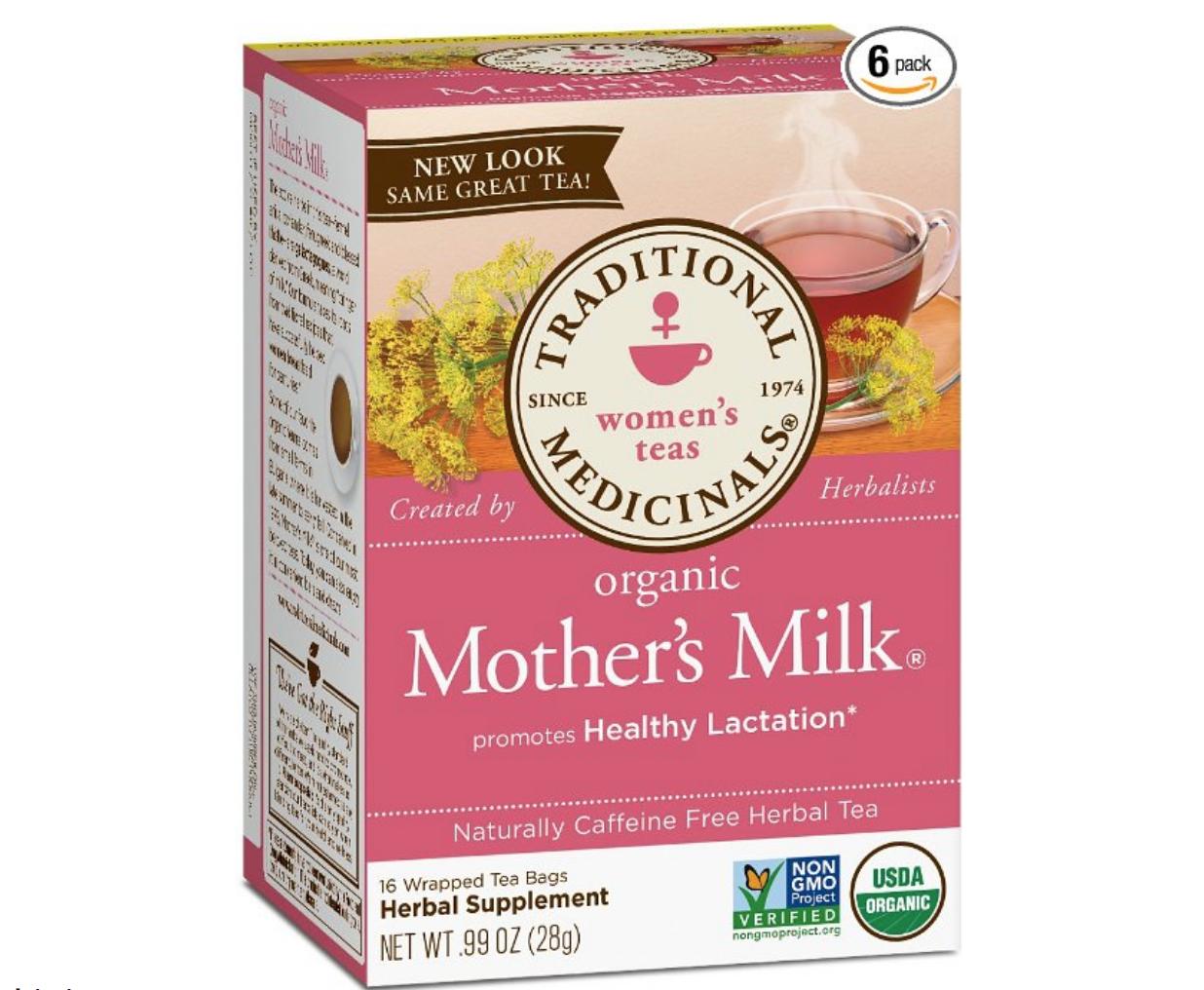
Mother's Milk is a trusted herbal tea containing fenugreek, blessed thistle, coriander, anise, and bitter fennel. "If you’re someone who suffers from low milk supply, you may find you need a more concentrated dose of herbs than a cup of tea will provide," Lezak cautions, "so it may be a good idea to contact a Lactation Consultant who can help diagnose the cause of low milk supply and provide you with a care plan to help increase your supply of breast milk."
Take a Nurse-Cation

KellyMom, one of the most trusted resources for breastfeeding moms online, recommends a "nursing vacation" to boost supply. No, it's not a break from nursing. It means taking the baby to bed and staying there for two to three days, doing nothing but nursing, drinking water, and eating.
Eat Oatmeal
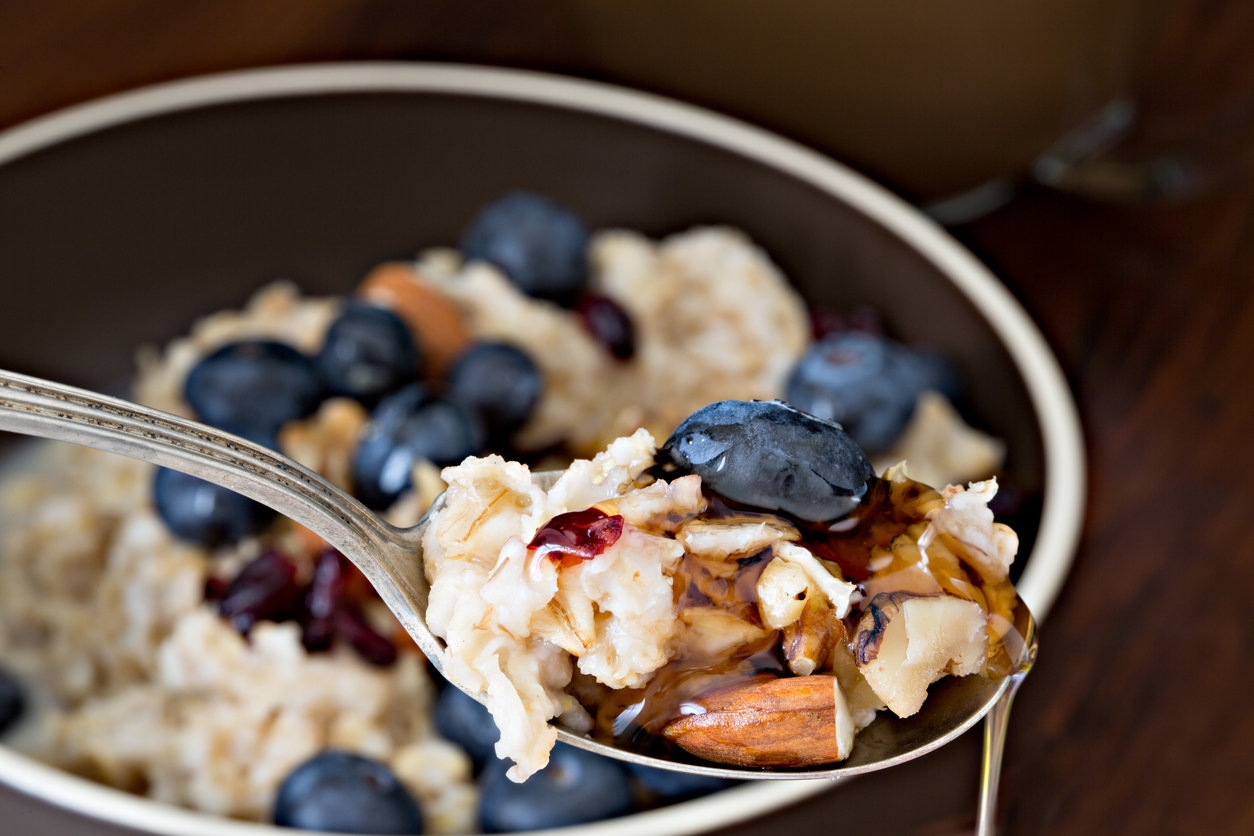
Oatmeal, eaten by itself or in other recipes, is said to boost milk supply by upping a mom's iron supplies and lowering cholesterol. As KellyMom notes, many of the herbs recommended for boosting milk supply share the common trait of lowering cholesterol. While the connection between lower cholesterol and breast milk isn't proven, it's a win-win for moms.
Try Moringa
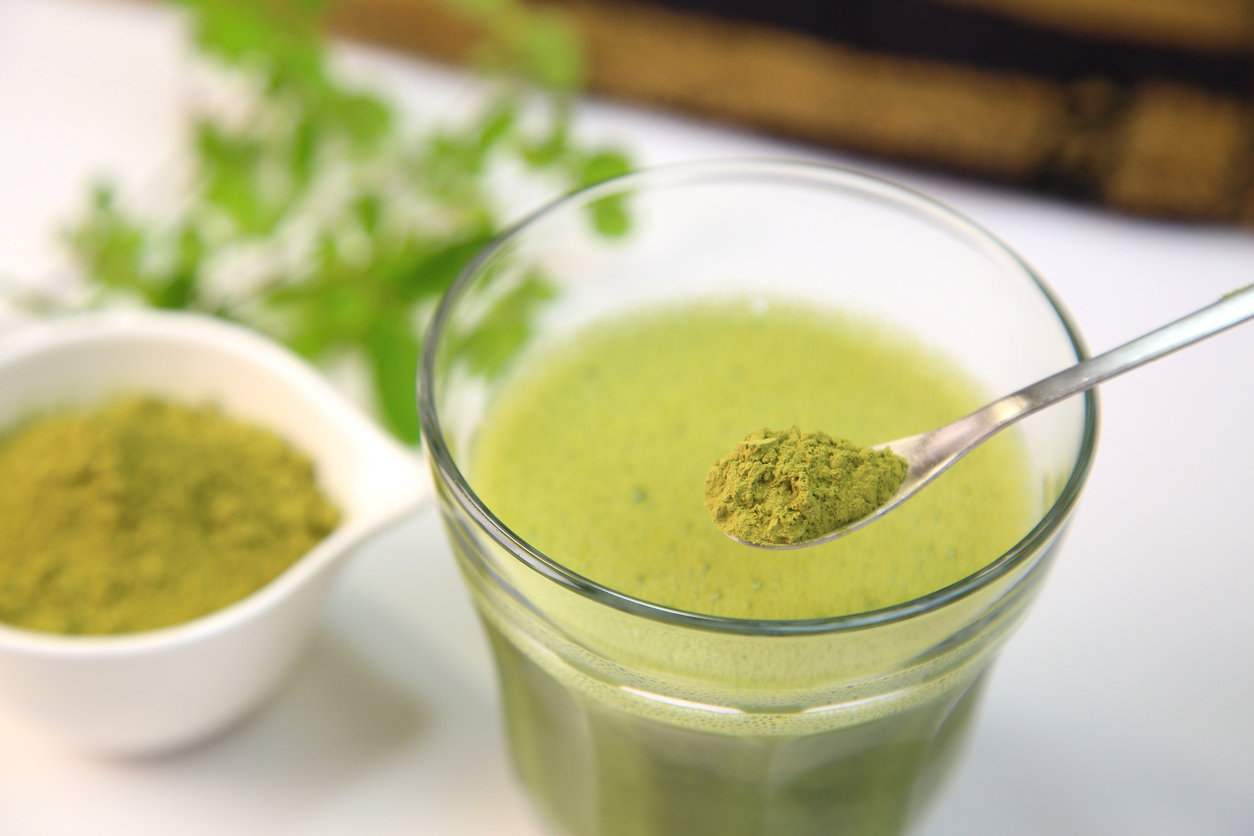
What the heck is moringa? It's an herb that's available in supplement form. According to a 2013 study published in the Philippine Journal of Pediatrics, moms of premature babies who took commercial supplements of moringa experienced breast milk supply boosts of as much as 125 percent. As always, consult a medical professional before taking any supplement.
Sling Feed

Dr. Sears recommends wearing babies in a sling and letting them nurse constantly when supply is low. They can drift off, wake up to nurse, drift off again, and repeat, which helps breasts get the memo that more milk is needed.
Practice Meditation

Stress levels can have a big impact on hormones in the body, which in turn can affect breast milk production. Breastfeeding naturally stimulates oxytocin production and has a calming effect. But for moms needing more, a 2017 study by the University of New Mexico found that listening to tapes of guided relaxation and imagery techniques helped moms whose babies were in intensive care to produce more milk.
Grab a Pink Drink

This Starbucks treat went viral last year when a mom claimed it upped her breast milk supply in a major way. While the claims are purely anecdotal, the drink contains coconut milk and healthy fats are said to be beneficial for breast milk production.
Avoid Supply-Inhibiting Herbs
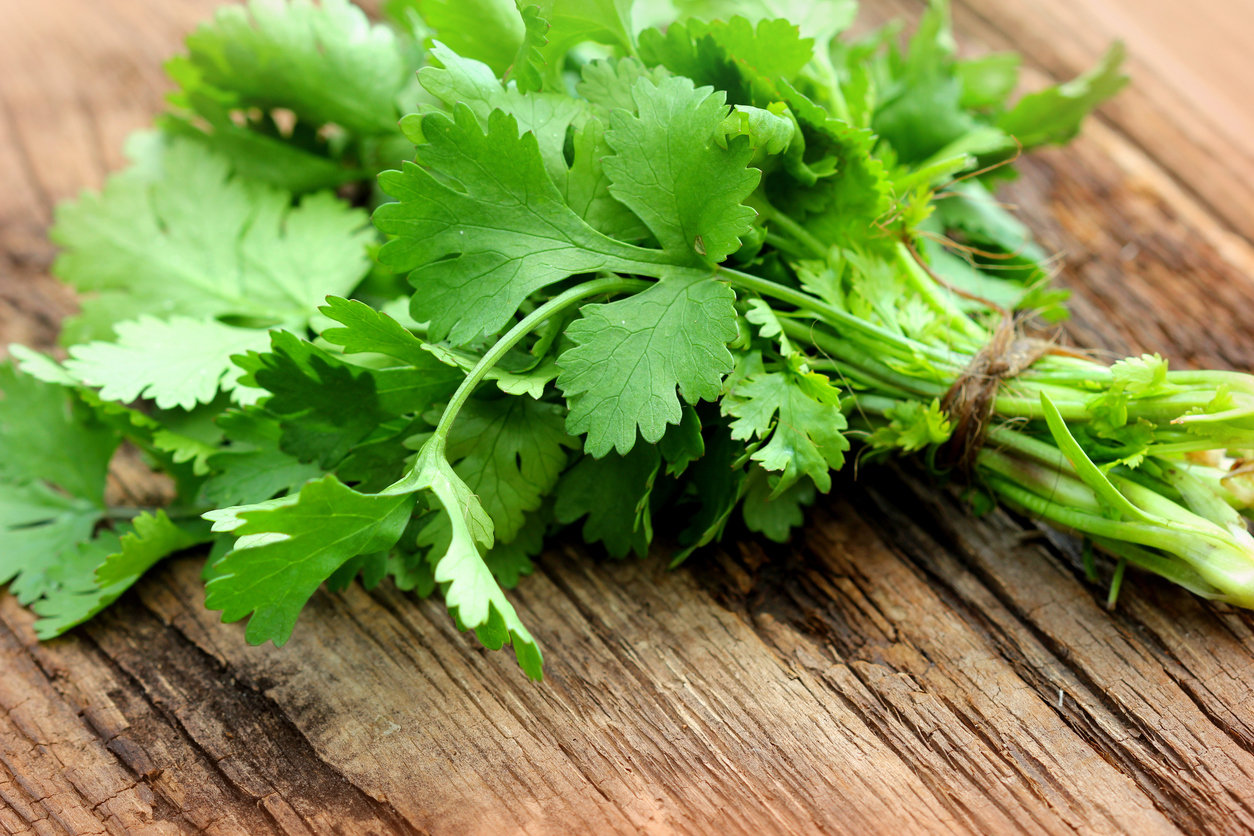
There are herbs that boost supply and some that are said to have a negative impact. According to KellyMom, parsley, sage, oregano, and thyme are all on the list of herbs to avoid. The amounts typically used in cooking aren't said to be a problem, but an herb-heavy dressing, sauce, tea, or treat could pose a problem.
Be Sure to Eat Enough
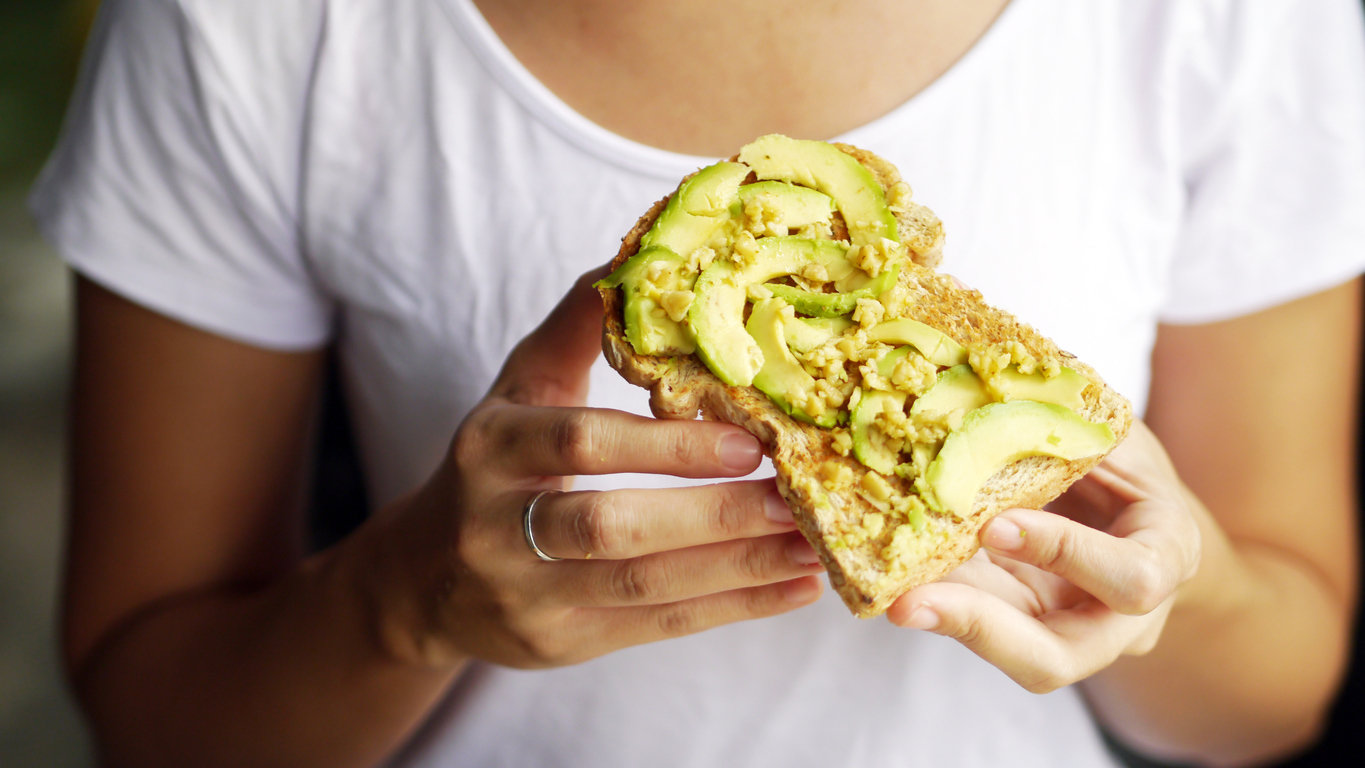
Breastfeeding can suffer when paired with a restrictive diet. Nutritionist Rosanne Rust, MS, RND, LDN, tells CafeMom a nursing woman needs an extra 650 calories a day to support good lactation, and most nursing moms should be getting at least 1,800 calories a day.
Practice Hands-On Pumping

A study in the Journal of Perinatology notes that women who massage their breasts while pumping tend to pump, on average, about 48 percent more breast milk. For moms who have to pump while at work or during other times, this can help make pumping more effective and keep supply from dwindling when nursing frequency goes down.
Give Brewer's Yeast a Chance
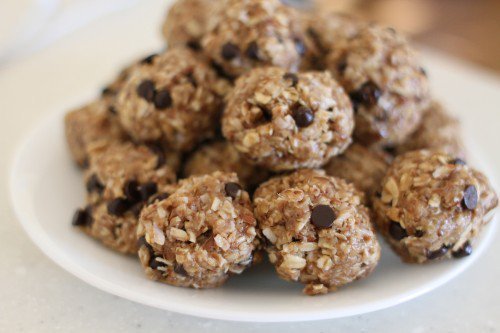
Brewer's yeast has anecdotally been said to increase supply and is used in many supply boosting recipes. Some, like these "booby bites" by I Can Teach My Child, incorporate the yeast along with flaxseed and oats to create a triple threat of supply boosting power.
Get Some Sleep

"Sleep when the baby sleeps" is annoying advice but it comes from a good place. According to La Leche League, getting a good night's rest goes right along with health eating and drinking enough water in helping milk supply stay high.
Practice 'Switch Nursing'

Instead of letting baby drain the breast and go into a milk coma, switch nurse. Dr. Sears describes switch nursing as letting let the baby "feed on the first breast until the intensity of his suck and swallow diminishes … sit him up and switch him to the other breast … when his sucking slows, go back to the first breast, and finally, finish feeding on the other breast." This encourages both breasts to ramp up production at every feeding.
Ask for Help

A certified lactation consultant is the best option for troubleshooting breastfeeding problems. Moms can use the U.S. Lactation Consultant Association website to find a certified consultant in their area or find a La Leche League group nearby where they can go for help. A certified lactation consultant will be able to address underlying issues and help moms formulate a plan.




